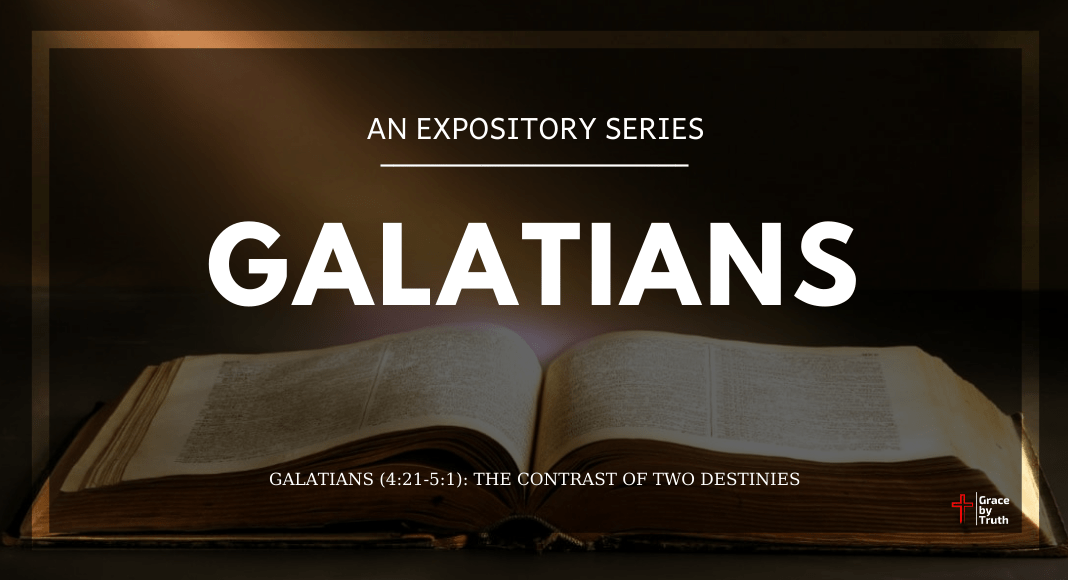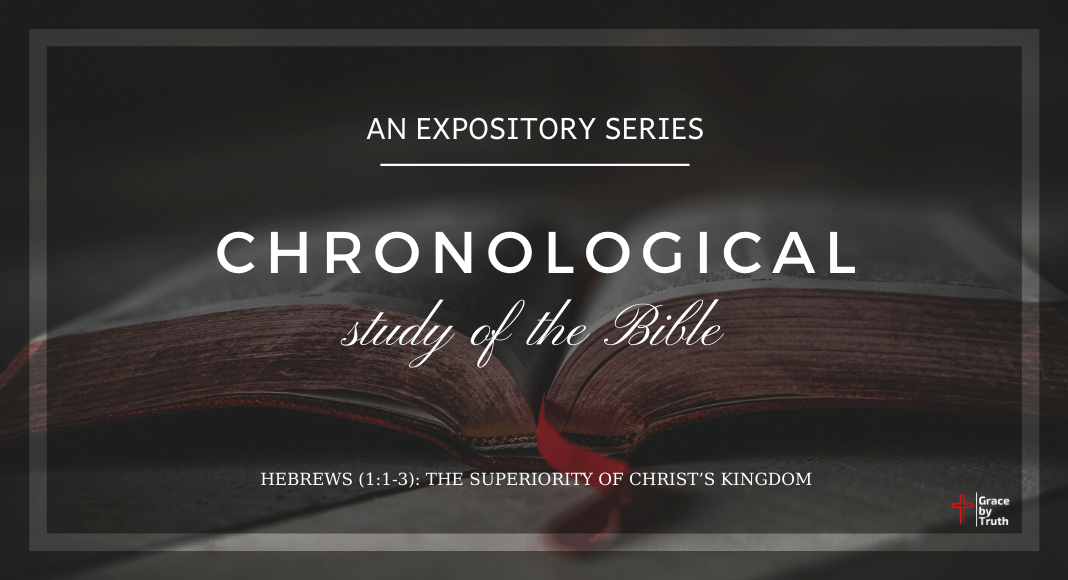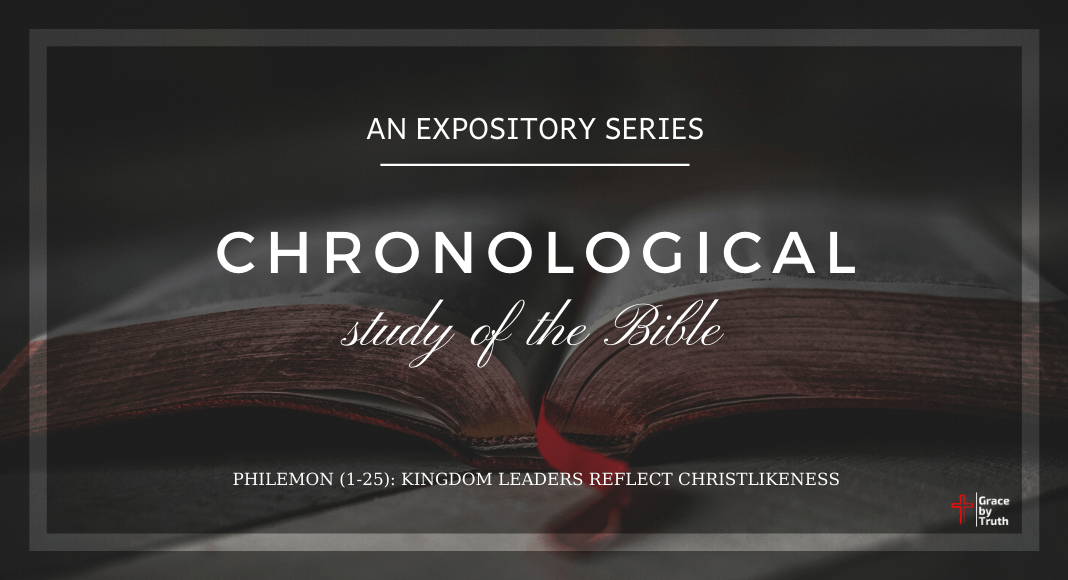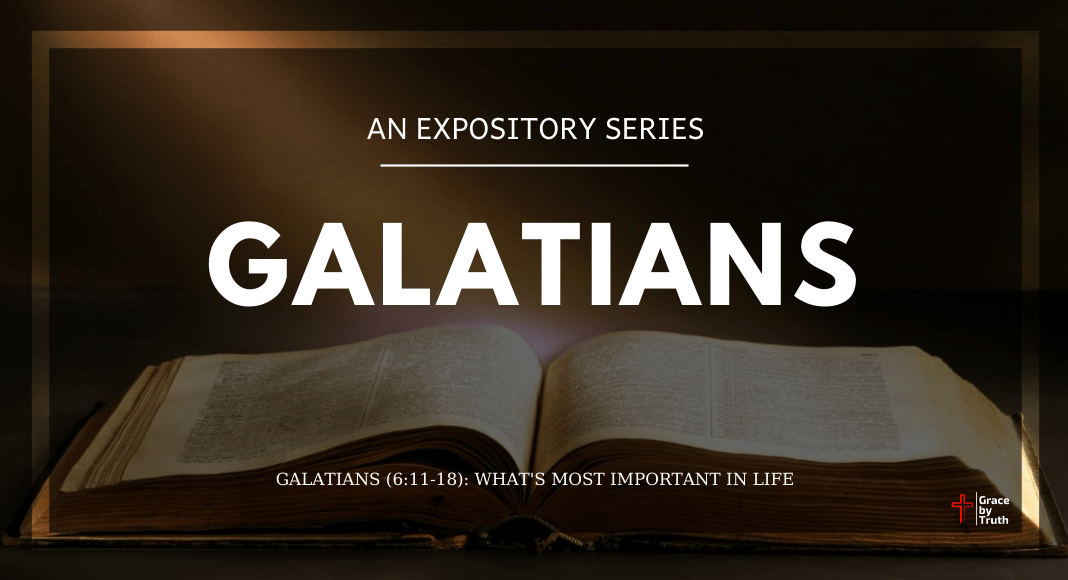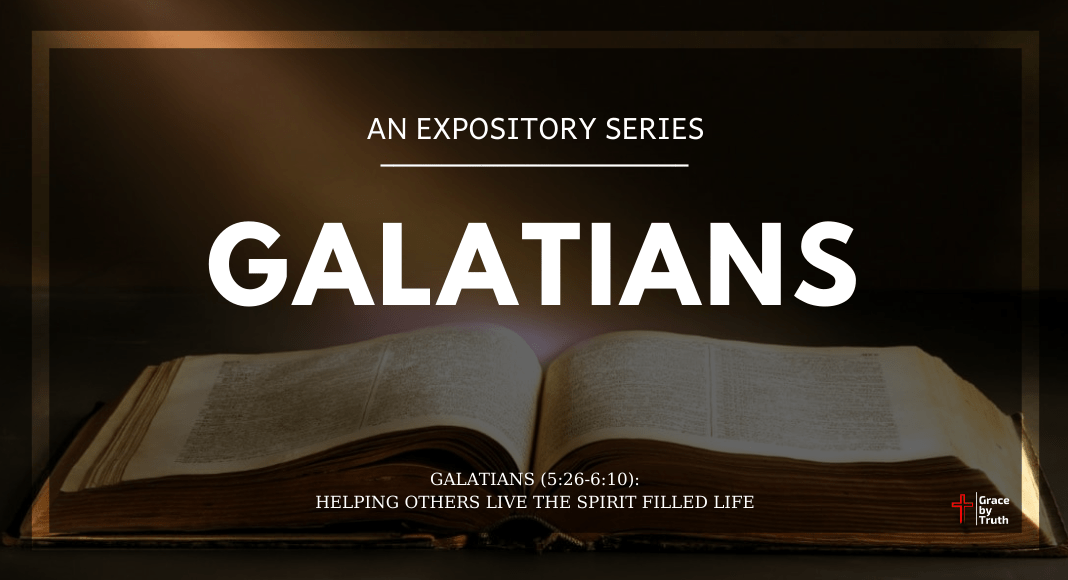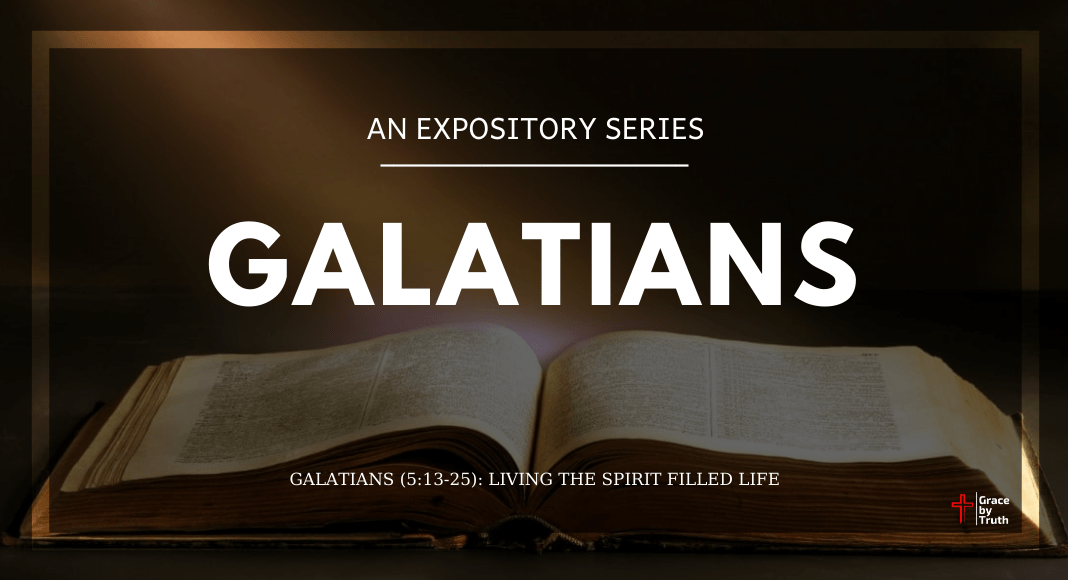The Contrast of Two Destinies
Galatians 4:21‐5:1
Paul’s argument in this passage is formed by the use of an analogy. Paul uses contrasts between children of the slave woman (Hagar‐ faith plus law keeping) with the children of the free woman (Sarah‐ faith alone in Christ). He argues that since believers are now free in Christ, they are not to return to living in slavery under the Law.
I. A contrast of two sons (v. 21‐23)
A. Paul reminds them of Abraham’s history (v.21‐22)
– “Paul’s first historical reminder about Abraham was that he had two sons…The first son was Ishmael, whose mother was Hagar, an Egyptian slave of Sarah, Abraham’s wife. The second son was Isaac, whose mother was Sarah.” [1]
B. Paul reveals the significance of the sons (v.23)
– “The conception of Ishmael represents man’s way, the way of the flesh, whereas that of Isaac represents God’s way, the way of promise, The first is analogous to the way of religious self‐effort and works righteousness; the second is analogous to the way of faith and God’s imputed righteousness. The one is the way of legalism, the other the way of grace.” [2]
II. A contrast of two wives (v. 24‐27)
A. Paul compares Hagar and Sarah to two Covenants. (v.24a)
a. Hagar is of the Covenant of Works (v.24b‐25)
1. Old Covenant‐ a faith plus works theology equals slavery.
2. Mt. Sinai and Jerusalem are identified with Judaism, where the Jews who rejected Jesus lived in spiritual slavery. These are Hagar’s spiritual descendants.
B. Sarah is of the New Covenant (v.26‐27)
– The spiritual descendants of Sarah through Isaac…live in the Jerusalem above and are free, because she is our mother, if we are among those who live by faith in God’s gracious promise, given to Abraham and fulfilled in Jesus Christ.” [3]
– “This [verse] prophesied the changing fortunes of Israel, which Paul applied to Sarah’s history. Israel before her Babylonian Captivity was likened to a woman with a husband. The barren woman was Israel in Captivity. The woman bearing more … children may have pictured Israel restored to the land after the Exile, but more particularly it portrays her millennial blessings. Paul applied this passage (he did not claim it was fulfilled) in this context to Sarah, who though previously barren, was later blessed with a child, and who would ultimately enjoy a greater progeny than Hagar.” [4]
III. A contrast of two identities (v. 28‐5:1)
A. Paul compares Isaac to believers positionally and practically (v.28‐30)
– “Whether within Judaism or Christianity, legalists have always been persecutors. Those who trust in God have always been persecuted by those who trust in themselves. True believers have always been more mistreated and oppressed by religionists than by atheists. It is the false religious system of Revelation 17:6 that is “drunk with the blood of the saints.” [5]
– “The persecutors are going to be thrown out, and the persecuted will receive their promised and rightful inheritance. As Sarah had Hagar and Ishmael cast out of Abraham’s household, so will their unbelieving descendants, those who live by works of the flesh, be cast out of God’s household.” [6]
B. Paul commands believers to stand firm in their faith (v. 31‐5:1)
“Throughout this letter, and indeed throughout all of Scripture, such contrasts reflect and demonstrate the contrast of the ages: the way of Satan and the way of God. But in God’s ultimate and unchangeable plan, Satan and his way will be destroyed, and only the way of God will remain, forever and ever. Vacillating between the two is unacceptable.” [7]
Points to Ponder:
1. Legalism has no place in the church because it emphasizes trust in one’s own works rather than God and His grace.
2. Paul’s analogy presented two mothers and sons. Hagar is after the flesh and Sarah is after the Spirit. Do you know who your Mother is?
3. Salvation is by faith alone but never by a faith that is alone. Justification will produce some level of works borne out of a love for God.
BIBLIOGRAPHY
[1] John F. MacArthur Jr., Galatians, MacArthur New Testament Commentary (Chicago: Moody Press, 1983), 124.
[2] Ibid.
[3] Ibid., 126.
[4] Donald K. Campbell, “Galatians,” in The Bible Knowledge Commentary: An Exposition of the Scriptures, ed. J. F. Walvoord and R. B. Zuck, vol. 2 (Wheaton: Victor Books, 1985), 604.
[5] MacArthur, Commentary, 128.
[6] Ibid.
[7] Ibid., 129.
ABOUT
Grace by Truth is known for delivering the precise and deep study of biblical truth in service to each other and the church.
CONTACT
CURRENT STUDY
MORE FROM GALATIANS
Galatians (6:11-18): What’s Most Important in Life
What’s Most Important in Life Galatians 6:11‐18 The most important thing in Paul’s life, and that he sought to share, was the saving Gospel of Christ. Salvation is by faith alone in Christ alone. I. It is pressing (v.11) A. Paul wrote to the churches...
Galatians (5:26-6:10): Helping Others Live the Spirit Filled Life
Helping Others Live the Spirit Filled Life Galatians 5:26‐6:10 I. Confront the erring Christian (v. 5:26‐ 6:1) A. Confronting a sinning Christian should be done with a view to spiritual restoration. a. Conditions for Confrontation: 1. One must be spiritual. -...
Galatians (5:13-25): Living the Spirit Filled Life
Living the Spirit Filled Life Galatians 5:13‐25 I. It involves charity (v.13‐15) A. Serve in love not the flesh. (v.13) - “Christ does not give freedom to believers so they can do what they want but so they can, for the first time, do what God wants, because of...

